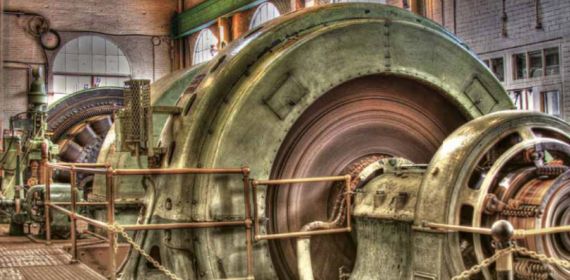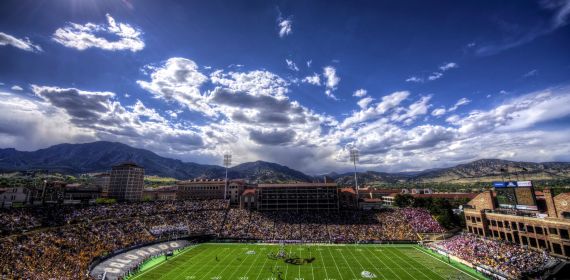Every new building in Boulder, with a few exceptions, would be required to have the largest PUC/Xcel-allowed photovoltaic system sized at this time to 120percent of its estimated energy use, or to participate (as regulations allow)in a solar garden.
Solar gardens will be located in several locations that, to the extent possible, are evenly distributed throughout Boulder. In the last few
Carbon Eraser Solar Garden partnerships among businesses, institutions, and communities facilitate both economic and environmental sustainability by guaranteeing the debt service.
As explained further below, Solar Gardens are good for energy providers. Even developer challenges of the transition from private to public
Solar garden developers’ concerns about municipalization, which have resulted in Boulder’s not yet having a solar garden, center on cash flow uncertainty and on meeting regulatory and subscriber obligations that are easily mitigated in the following examples:
A 10- or 20-acre solar garden is made a part of the University of Colorado’s 308-acre South Campus project. Half of the carbon-free energy is subscribed to by CU and the rest by other local users. The developer cash flow certainty requirement is met with CU’s guaranty to use and pay for any electrons unmonetized in the unlikely event of disruption resulting from the municipalization project.
A second example is serving as a public benefit for a project like the proposed senior living community on Mapleton Hill. A solar garden could provide up to half the carbon-free energy subscribed to by nearby residents on Mapleton Hill who can’t put arrays on their own historic district homes. The energy needs of the 108-home Academy, and a permanently affordable senior housing building at the related Fruehauf’s site near 30th and Arapahoe could easily guarantee compliant monetization.
Importantly, decreasing our use of natural gas is also a factor in how Xcel Energy can be a partner in achieving our Carbon Free Community goals, yet continue to be able to afford providing the outstanding service we are accustomed to. Xcel Energy would be unburdened of the operational and logistical expense of handling much of the coal and natural gas portion of today’s operations, and instead would manage the overproduction from our rooftops and gardens while delivering more electrons as we trend from using natural gas to heat buildings to using zero or very low carbon electric.
A sustainable and profitable future for Xcel and its stockholders that improves economic, social, and environmental outcomes for all participants, including customers, would result in the legacy of Boulder’s municipalization efforts including industry-changing decarbonization leadership.
“A sustainable and profitable future for Xcel and its stockholders that improves economic, social, and environmental outcomes for all participants, including customers, would result in the legacy of Boulder’s municipalization efforts including industry-changing decarbonization leadership.”







